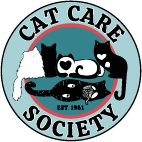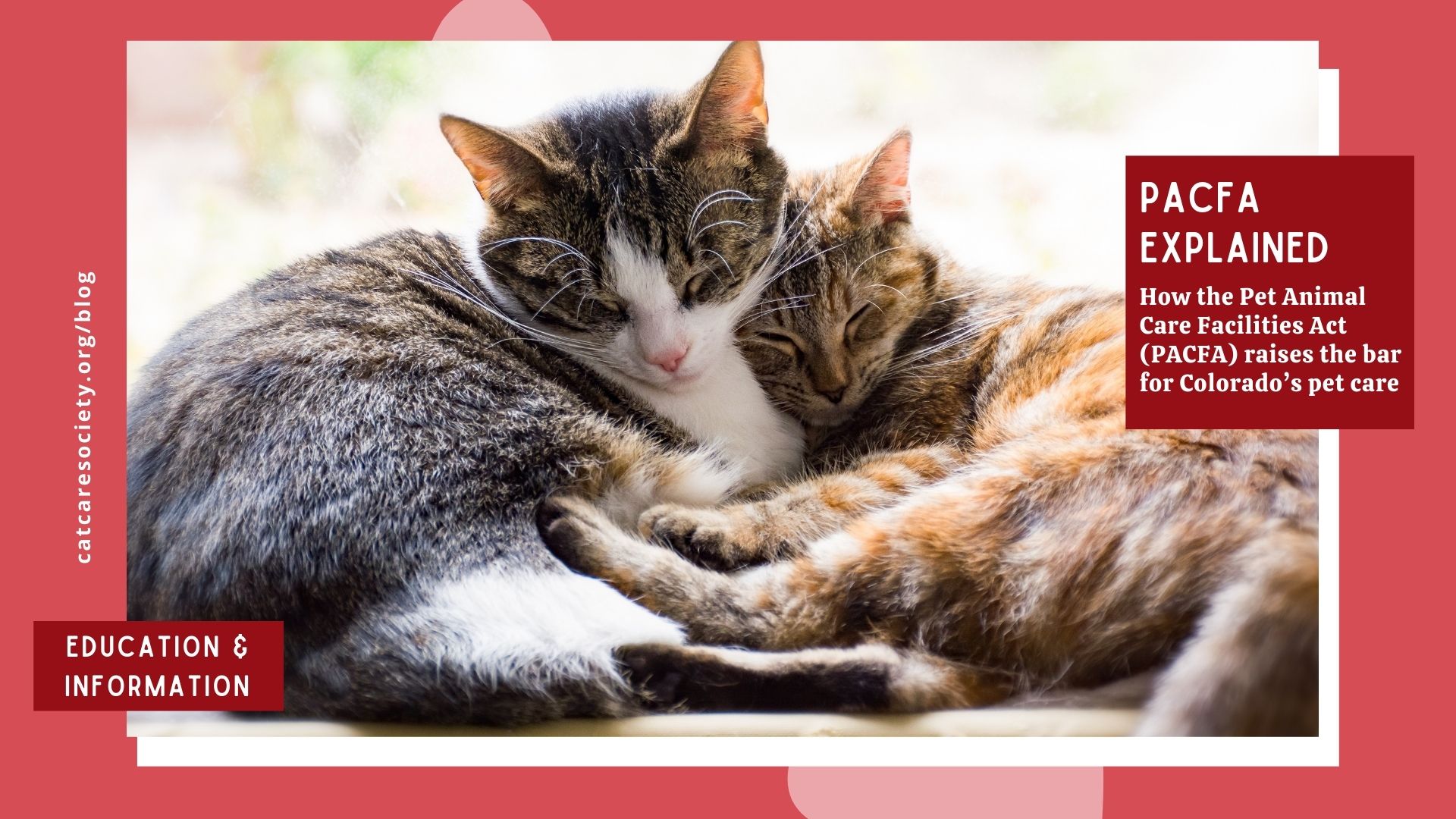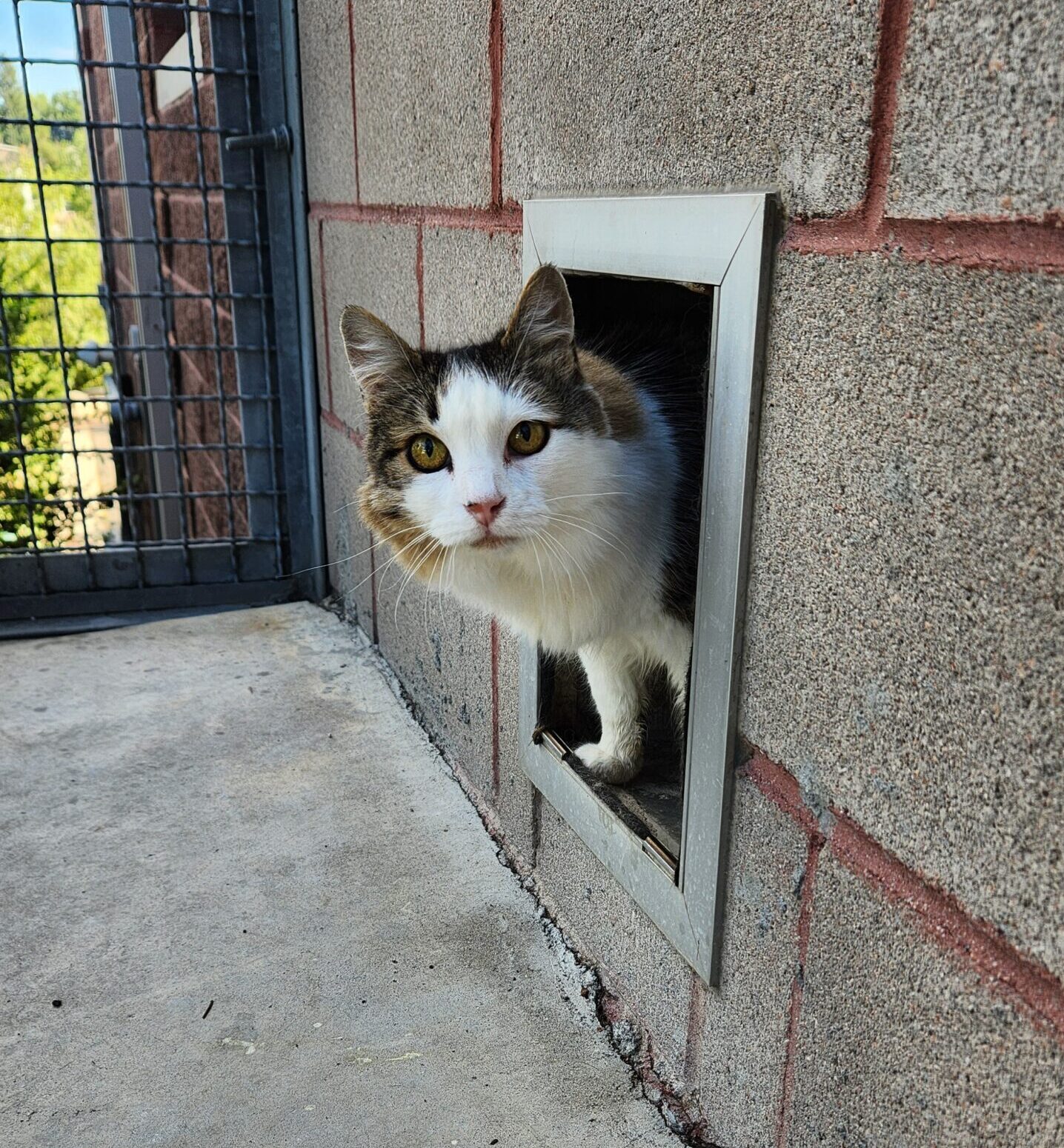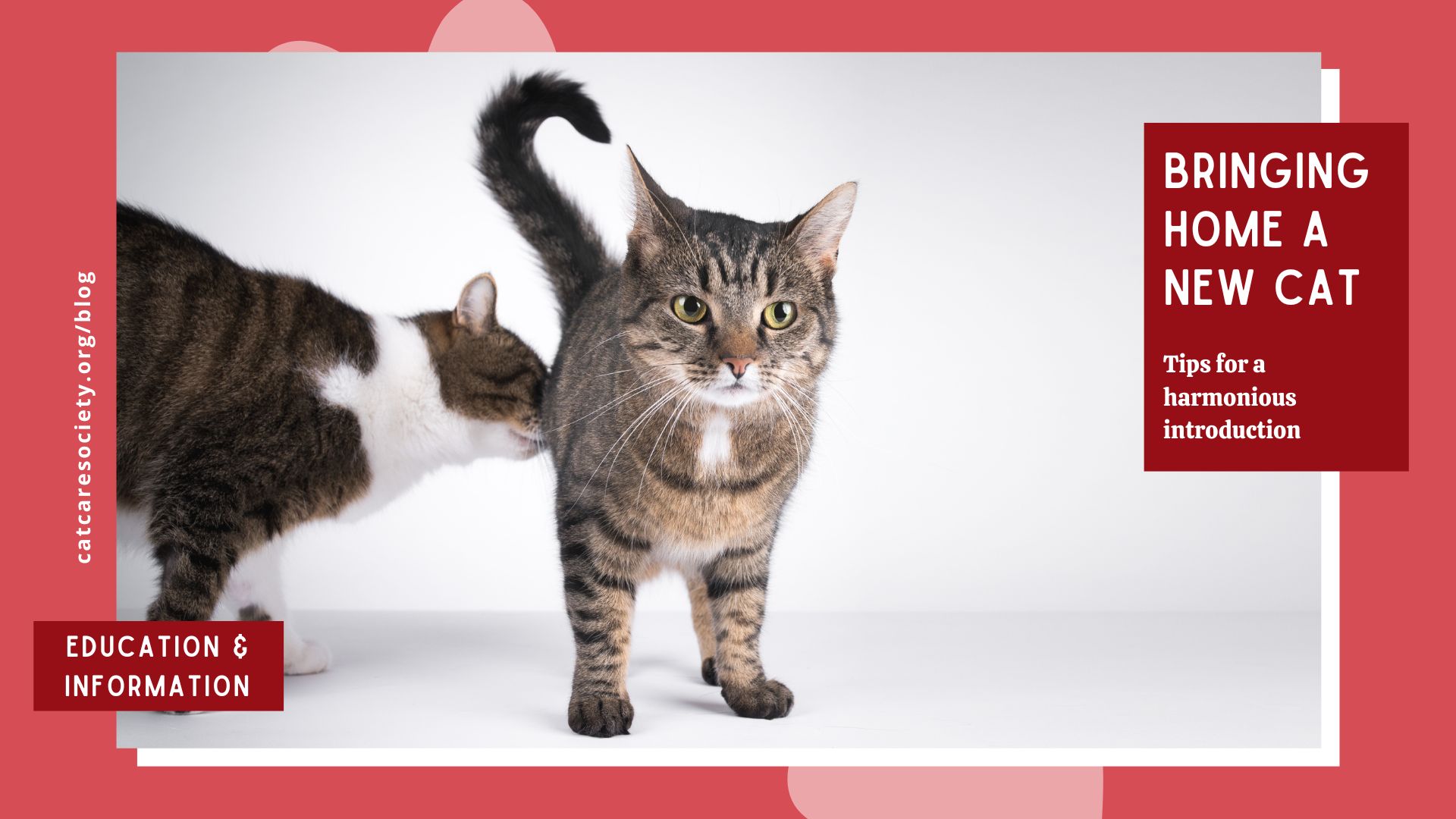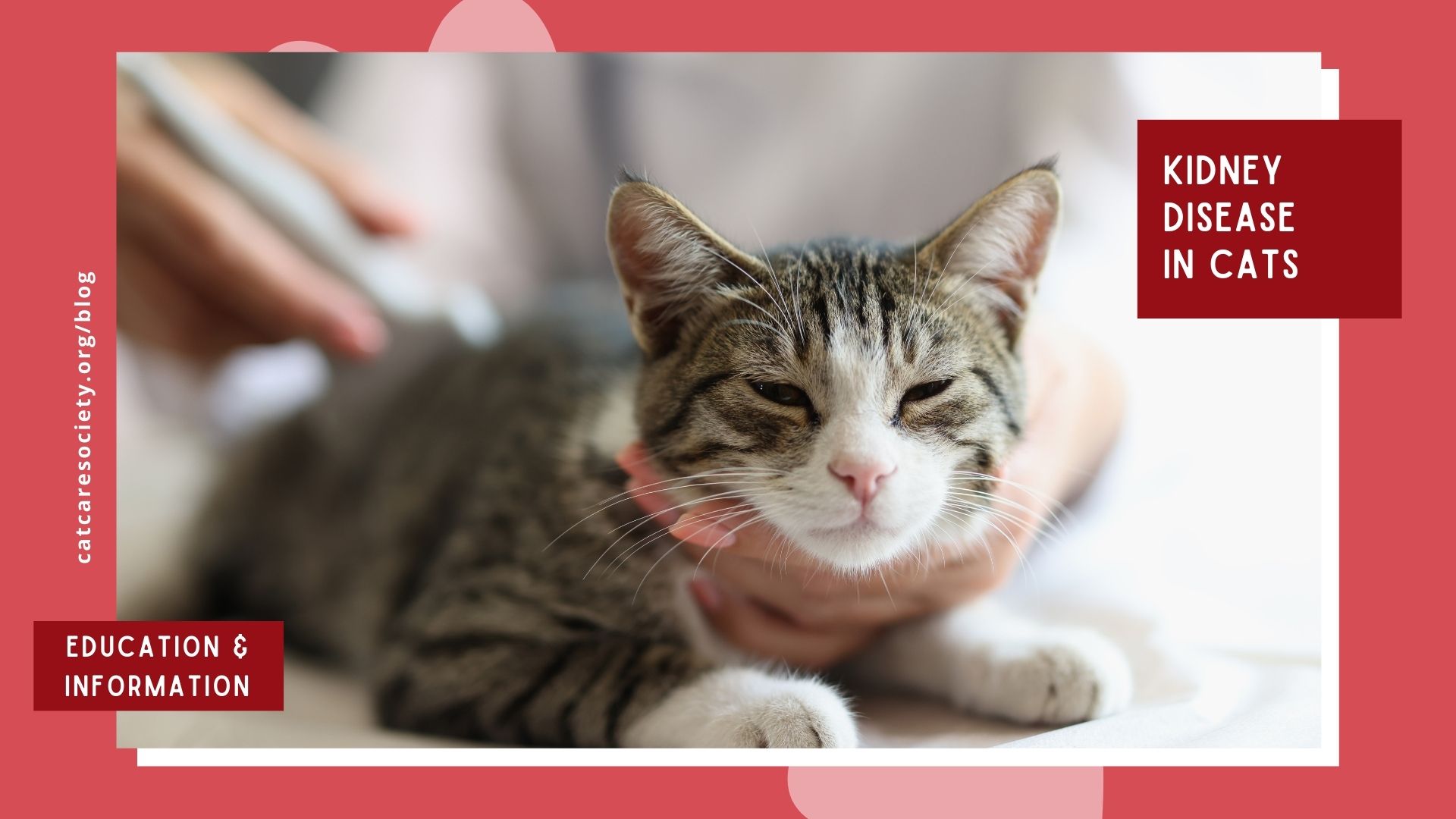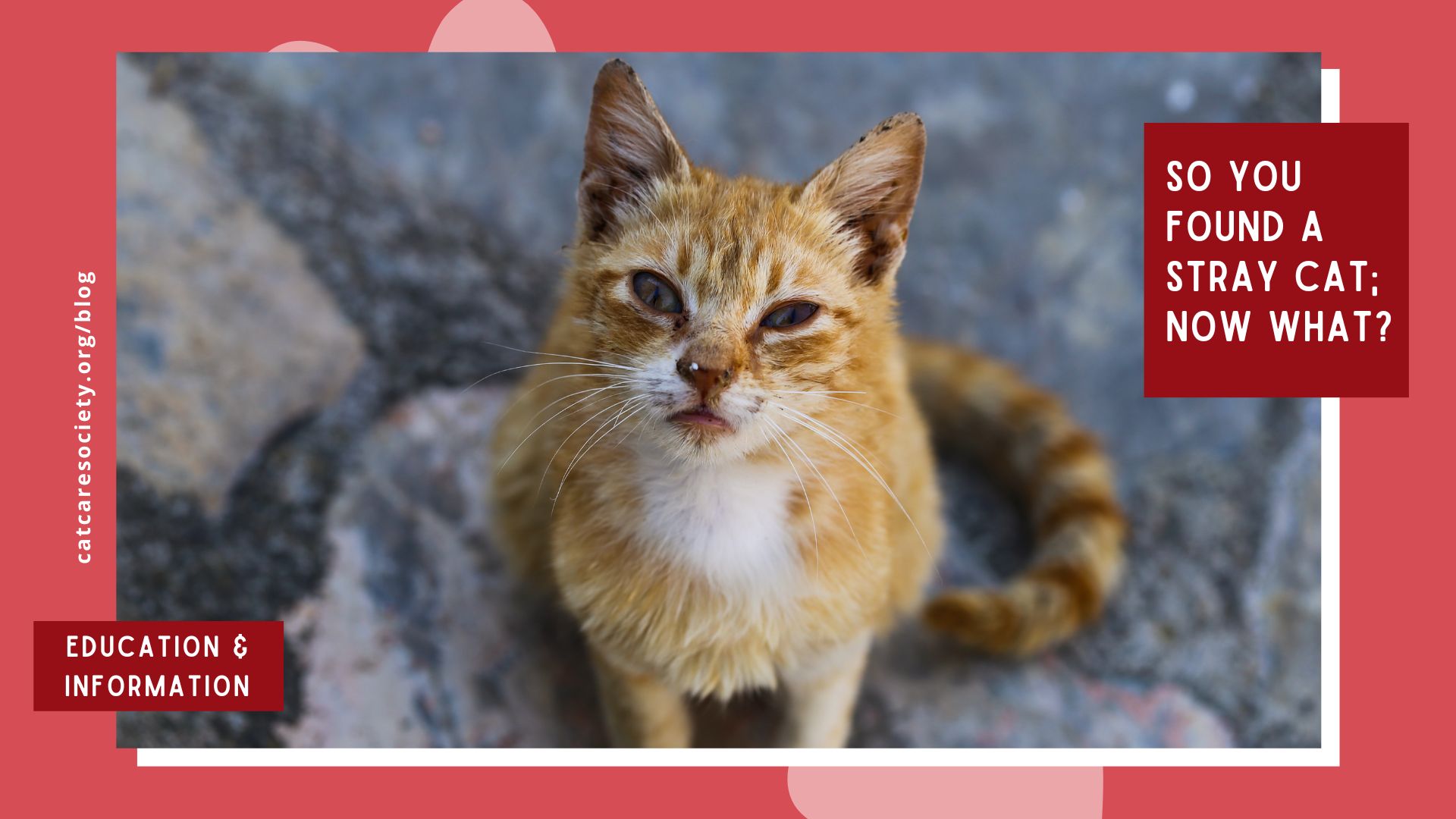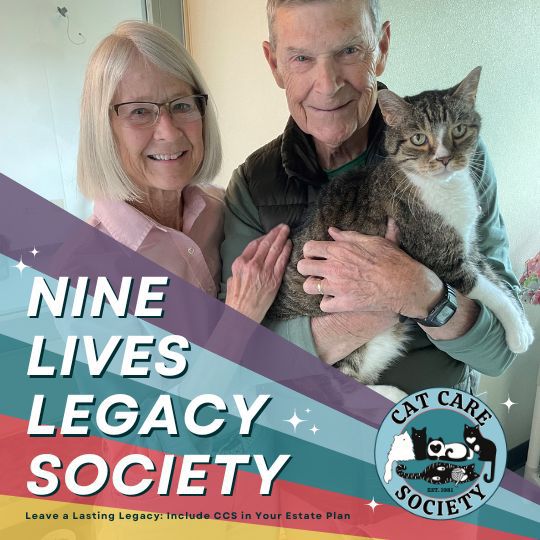Introduction
In Colorado, caring for animals isn’t just a calling—it’s a fundamental responsibility governed by the Pet Animal Care Facilities Act (PACFA). Established in 1994, this program protects the health, safety, and welfare of animals in pet care facilities while also protecting consumers who utilize pet-related services.
Whether someone runs an animal shelter (like we do at Cat Care Society!), a pet grooming business, a breeding operation, or a rescue, PACFA requires a license to legally care for animals. This state law sets comprehensive standards to ensure that animals in licensed facilities receive proper care. Through regular updates and inspections, PACFA prioritizes animal welfare, positioning Colorado as a leader in this field. In this article, we’ll explore the broad and comprehensive scope of PACFA, clarify what it doesn’t cover, and explain why it matters for pets and pet owners across Colorado.
PACFA’s Scope
PACFA is Colorado’s state law that regulates companion animal care facilities, ensuring animals receive proper treatment and live in environments where their physical and emotional needs are met. Some animals covered under PACFA include cats, dogs, birds, guinea pigs, mice, rats, hamsters, gerbils, ferrets, rabbits, reptiles, amphibians, and fish.
One of the strongest aspects of PACFA is its comprehensiveness and level of detail. Below are just some of the areas it covers. Note that requirements are individualized based on animal type.
- Animal housing and enclosures
- Size, based on animal, size, and length of stay
- Material
- Cleanliness
- Sanitation practices
- Food and water
- Storage
- Serving containers
- Access
- Sanitation practices
- Facility standards
- Safe building materials
- Water quality
- Lighting
- Air quality
- Temperature
- Secure enclosures
- Sanitation
- Overall maintenance
- Outdoor access and environment
- When animals must be separated from others based on behavior, type of facility, age of the animal, quantity, and type of the animal
- Animal supervision
- Veterinary care and disease control
- Transportation of animals
- Adoption/sale based on age and weight
- Pregnant and nursing animal care and environment standards
- Foster care requirements
- Contingency planning for natural disasters and other emergencies
- Proactive behavior and enrichment plans
- Recordkeeping related to each individual animal in care
PACFA Compliance and Oversight
The Colorado Department of Agriculture (CDA) is responsible for enforcing PACFA regulations. This oversight ensures that any organization involved in pet care operates with transparency, accountability, and a deep commitment to the animals in their charge. To earn and maintain a PACFA license, facilities like shelters, rescues, pet stores, and groomers must pass rigorous inspections, meet specific criteria on an ongoing basis, and complete annual reporting.
PACFA’s licensing program isn’t just about paperwork—it’s about safeguarding animal welfare. By maintaining a PACFA license, facilities commit to meeting essential standards for animal housing, health, and safety, all under the enforcement of the CDA. And as these standards are regularly updated, shelters and rescues must stay current, adapting to new regulations that reflect the evolving practices in animal care. Additionally, current PACFA licensees must complete a qualifying continued education every two years to stay up-to-date with PACFA’s standards.
What are the differences between an animal shelter, a rescue, and a sanctuary?
While the terms shelter, rescue, and sanctuary are often used interchangeably, the Colorado Department of Agriculture provides distinct legal definitions for each. The Rules and Regulations Pertaining to the Administration and Enforcement of the Pet Animal Care and Facilities Act (8 CCR 1201-11) specify the classifications for various types of animal facilities. At Cat Care Society (CCS), we operate as a private non-profit animal shelter and do not receive any government funding.
- Animal Rescue – any firm, person, or corporation that accepts pet animals for the purpose of finding permanent adoptive homes for these animals and does not maintain a central facility for keeping animals.
- Animal Shelter Facility: any firm, person, or corporation, whether public or private, that houses pet animals for impoundment purposes; or a centralized, private facility that accepts or houses pet animals and whose facilities are self-contained and used exclusively for the purpose of caring for and housing pet animals according to these rules.
- Animal Sanctuary Facility: a subclassification of “animal shelter,” is any private facility that harbors pet animals, that is not used for impoundment purposes, and that is not used exclusively for the purpose of caring for or housing pet animals.
What PACFA Doesn’t Cover
PACFA isn’t animal control or animal protection. Municipal animal control units enforce municipal and state ordinances typically related to private citizen pet ownership, such as dog licensing, leash laws, lost and found, and cruelty/neglect. However, PACFA staff may partner with a local animal control unit if animal cruelty and neglect is discovered.
Additionally, PACFA is required by the state to report animal cruelty and neglect to local law enforcement or the Colorado Bureau of Animal Protection (BAP). BAP conducts outreach and education to prevent neglect and mistreatment of domestic and companion animals in Colorado and follow-up on complaints to help enforce pertinent laws.
PACFA doesn’t oversee licensure of veterinarians or vet techs. The State Board of Veterinary Medicine within Colorado’s Department of Regulatory Medicine regulates and licenses/registers veterinarians and veterinary technicians in the State of Colorado.
Cat Care Society: Raising the Bar
Since 1981 Cat Care Society has been committed to a very simple mission: provide cats with the best possible care until they find their forever homes. We fully comply with PACFA’s standards, and our commitment to evolving with the research behind these regulations reflects our ongoing dedication to providing the best possible care for the cats we serve. But we don’t stop there. We believe every cat deserves a safe, loving environment, regardless of age or medical condition.
From individualized care plans to behavioral enrichment programs and our exceptional volunteer and foster teams, we strive to exceed PACFA’s requirements to make sure each cat is living its best life. That includes having a free-roaming environment for our cats and going above and beyond in evaluating older and special-needs cats to determine the best course of treatment and care.
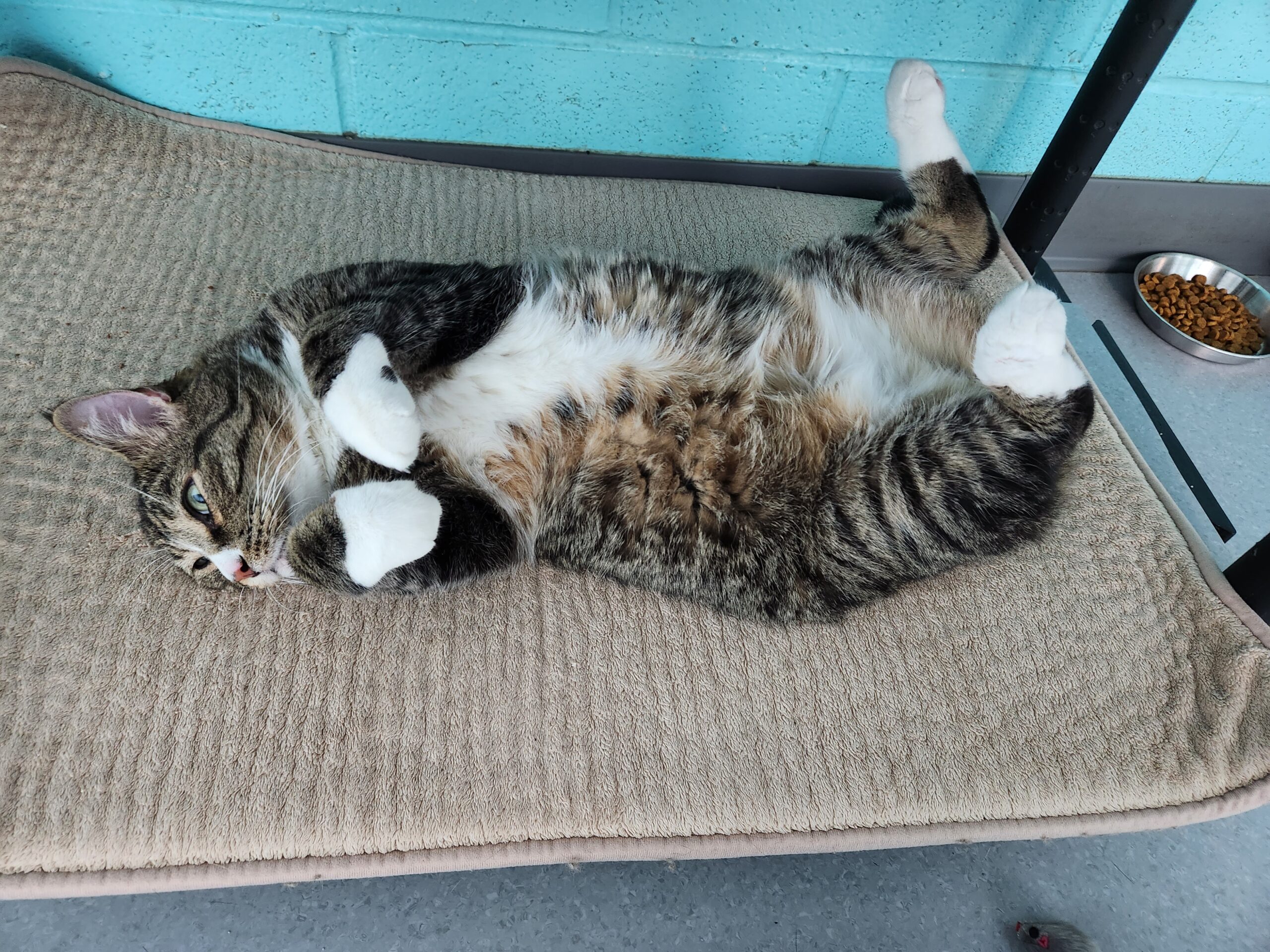
Why PACFA Matters
PACFA isn’t just about enforcing rules—it’s about creating a culture of responsibility and compassion across the entire pet care field. By ensuring that everyone in the business of caring for animals meets high standards, PACFA guarantees that every cherished pet gets the attention, safety, and love they deserve.
And at Cat Care Society, we’re all about love—our love for cats and our dedication to upholding the values that PACFA instills. Together, with PACFA’s guidance, we’ll continue to make Colorado a better, safer place for animals, one purr at a time.
Use PACFA and CCS Resources to Make Informed Choices
We want all animals to be treated with respect and care which is why we encourage you to reference the PACFA Active Facilities List when selecting a pet care service. The CDA also provides detailed information on their website including data, FAQs, and of course, the full PACFA legislation. Here at CCS, we’re committed to transparency, so on our About Us page, you can find details about how we care for our cats, our latest impact report, our strategic plan, and much more! We also offer an extensive list of recommended pet service providers on our Resources page.
About the Author: Beth Dokolasa is a volunteer for Cat Care Society and serves on the Board of Directors. She is an instructional developer for Natural Grocers and lives in Indian Hills, Colo., with her husband, daughter, and two cats, Techno and Digit.
